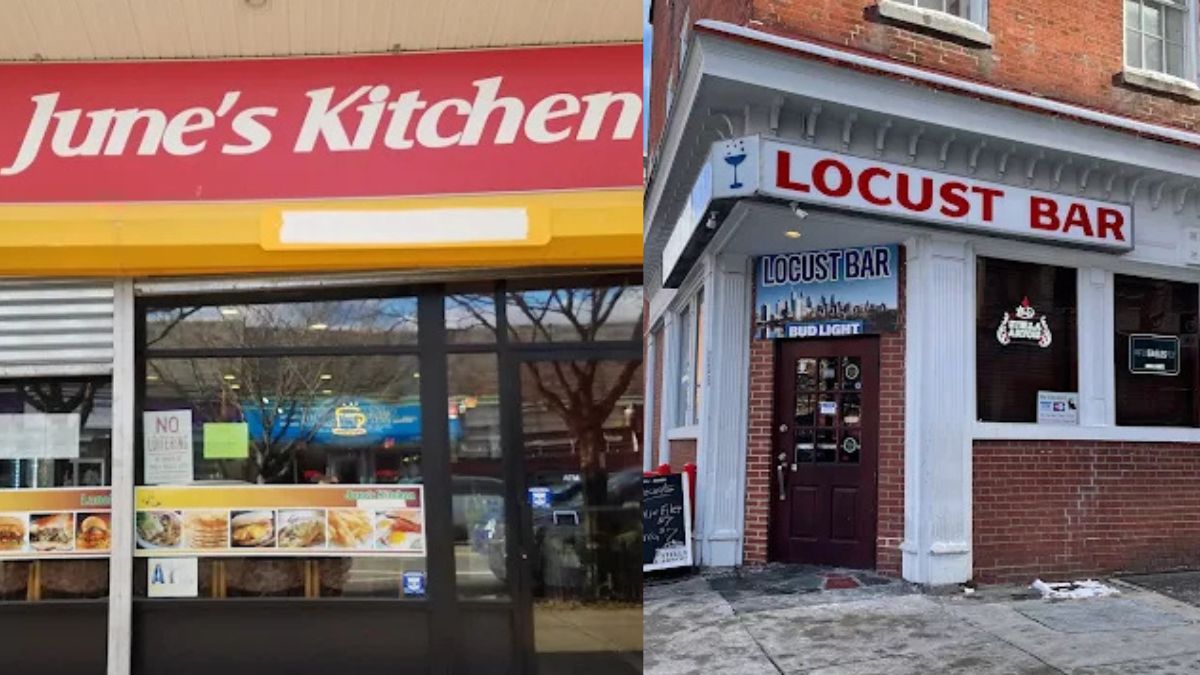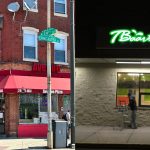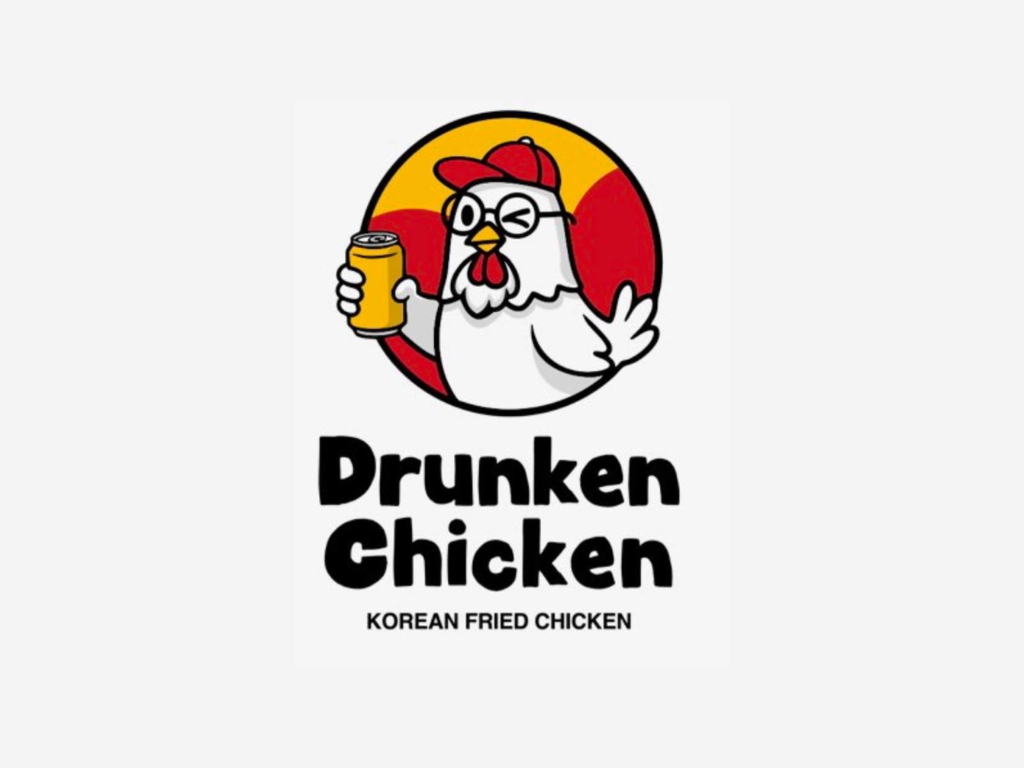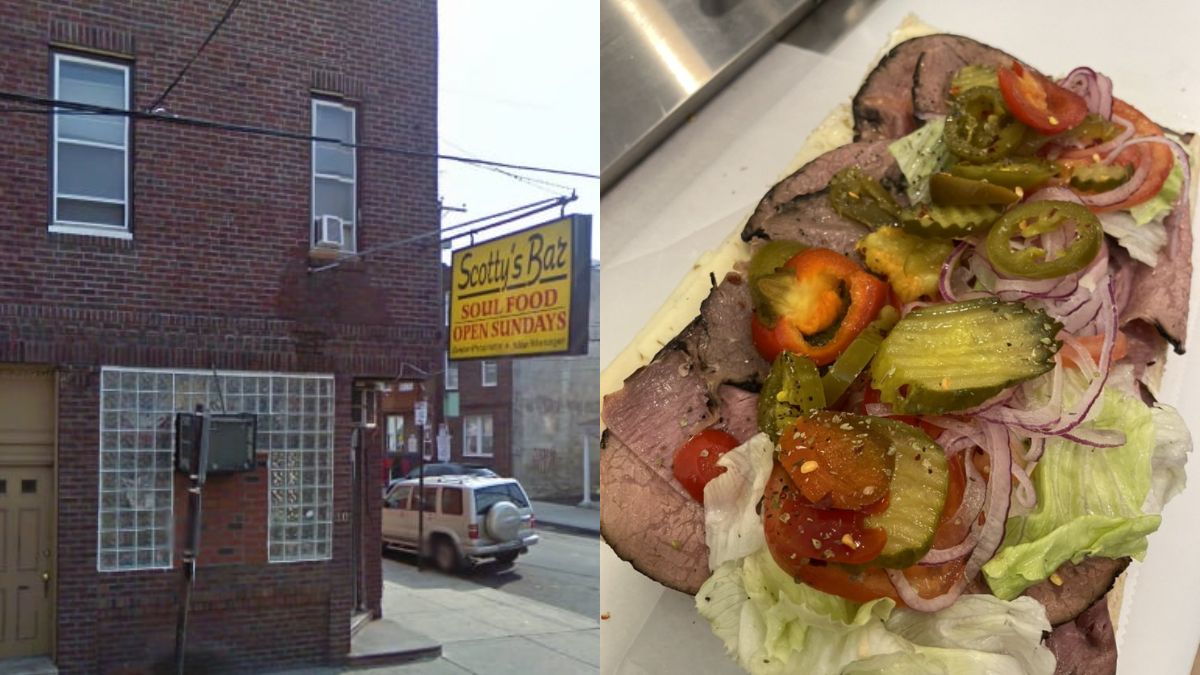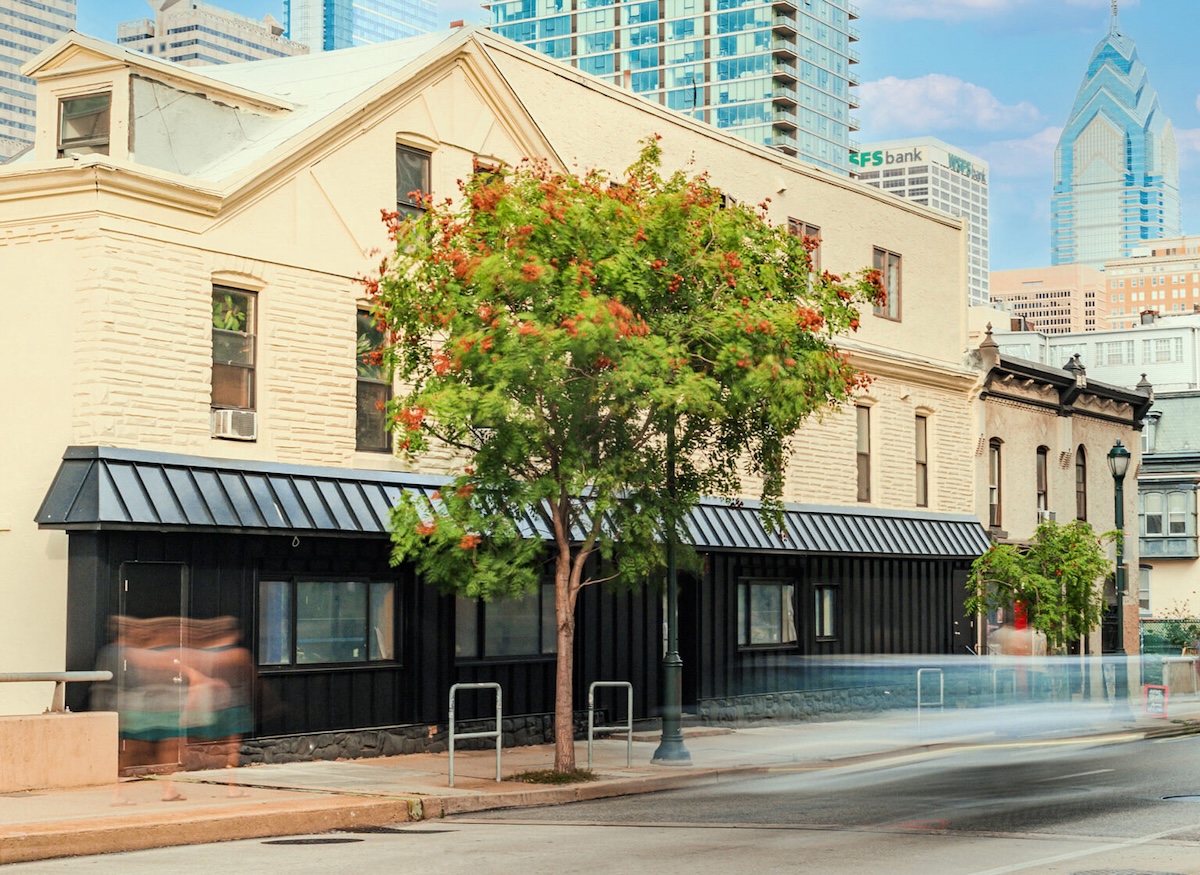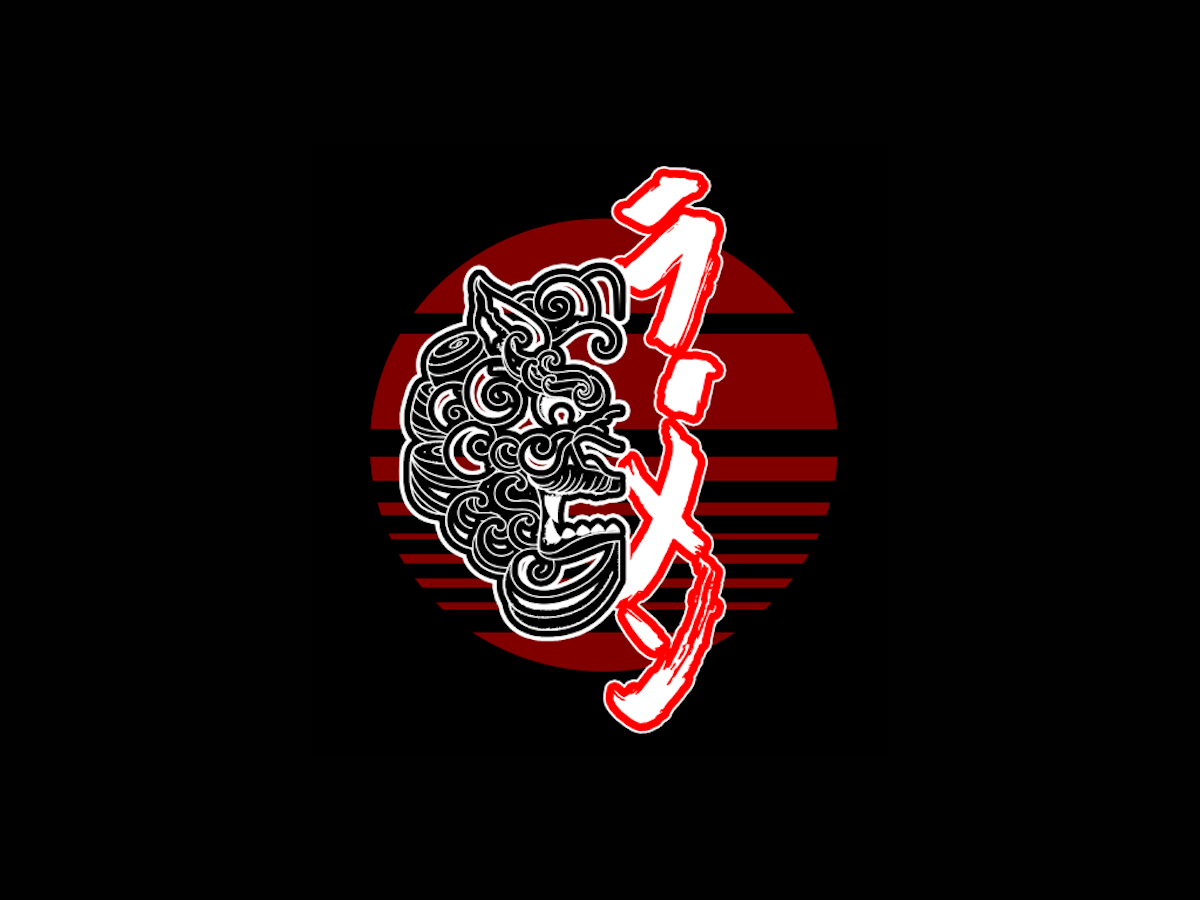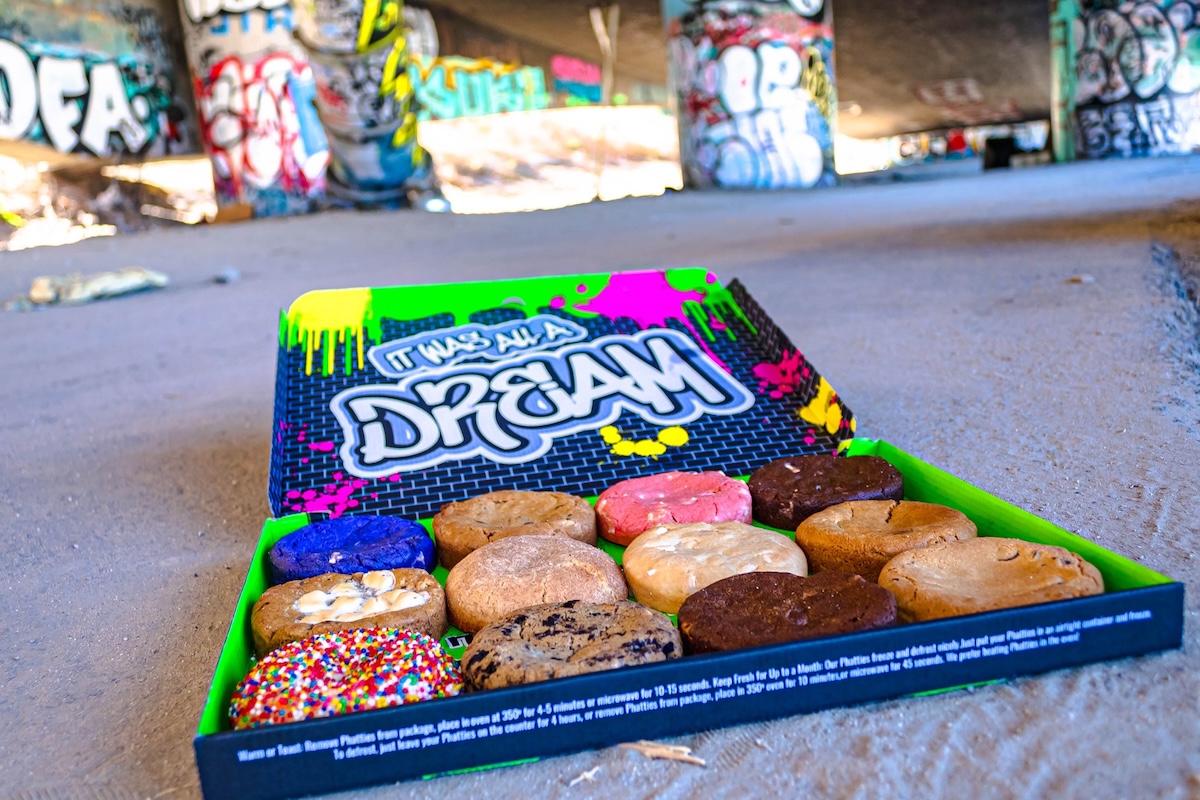The Philadelphia Department of Health’s Office of Food Protection inspected two local restaurants on May 16, 2025, and discovered several health code violations. Both June’s Kitchen and Locust Bar were cited for violations that can affect food safety and public health.
Please note that the scores mentioned here are from a particular inspection conducted on May 16 and may not represent the future health inspection status of the establishments.
Highlights
- Two Philadelphia restaurants showed evidence of pest problems and unsanitary food handling during a health inspection on May 16.
- Locust Bar was cited for four risk factor infractions, including incorrect date marking of ready-to-eat foods.
- June’s Kitchen was cited with three risk factor infractions, including unsanitary hand-washing procedures and contamination hazards.
Two Philadelphia Restaurants Cited during Inspection
The Philadelphia Department of Health inspected two restaurants as part of routine food safety inspections and discovered multiple infractions in both. The inspectors identified food safety hazards and facility maintenance issues that needed to be addressed right away.
June’s Kitchen
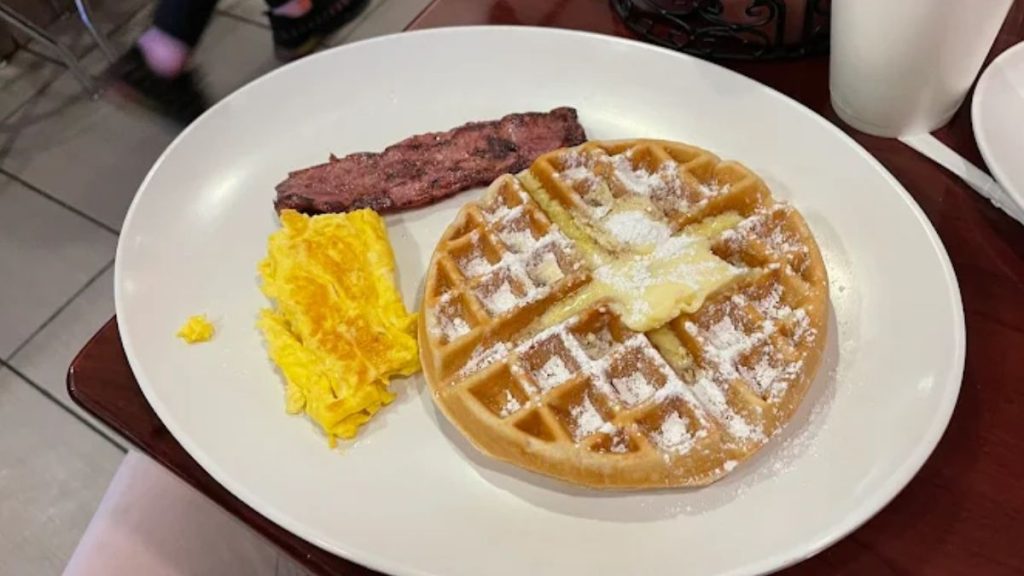
- Where: 1507 Wadsworth Avenue, Philadelphia, PA 19150
- When: May 16, 2025 (8:45 AM to 10:20 AM)
June’s Kitchen received 3 risk factor/intervention infractions with 5 corrections made during this inspection. Food employees were observed putting on single-use gloves before washing their hands. This was immediately corrected by re-washing the hands before donning new gloves.
Sliced potatoes were found uncovered in the walk-in cooler. Lids were provided during the inspection. Food residue had accumulated on the slicer and wasn’t being cleaned every 4 hours. Black residue and pink slime were detected on the inside of the ice machine bin. These surfaces were cleaned during the inspection.
Other infractions included signs of a cat in the basement space with cat food and feces, an ineffective door sweep on the back door to exclude potential pests, improper storage of utensils for food dispensing, and grease accumulated under cooking equipment. The inspector stated in the report that the facility failed to display a valid food license at the time of inspection.
Locust Bar
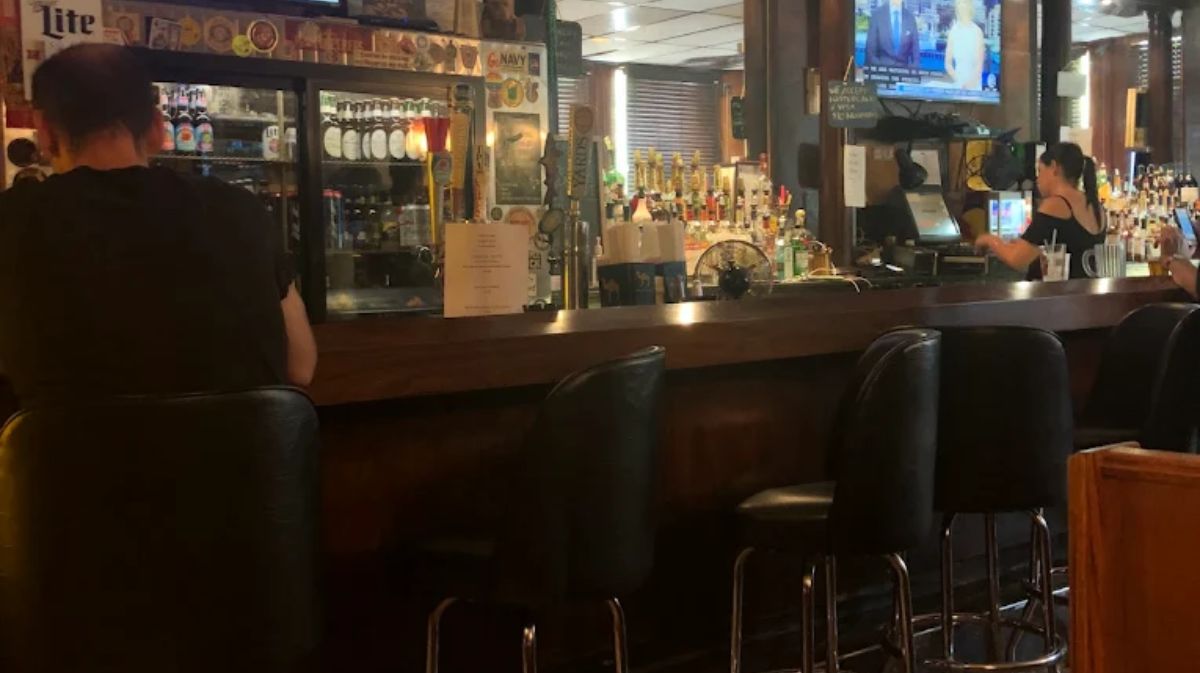
- Where: 235 S 10th Street, Philadelphia, PA 19107
- When: May 16, 2025 (11:00 AM to 1:15 PM)
Locust Bar had 4 infractions for risk factor/intervention, with 6 corrected at the time of inspection. The person in charge only had a ServSafe certificate, but not the City of Philadelphia food safety certificate. An application was issued via email on the day of inspection. The handwashing sink in the bar section had no proper signage and was obstructed by a bowl and utensils. These were corrected on the day of inspection.
Ready-to-eat food (cheese and deli meat) stored for over 48 hours was not date-marked. These products were date-marked by the person in charge during inspection. Other violations were equipment malfunctions, such as concrete blocks being used to hold a chest freezer in place, raw wood used for elevation in the basement, malfunctioning equipment, a broken freezer handle, ice buildup in freezers, and sanitation issues in the entire facility.
The inspection report also uncovered hot water delays in both restrooms, a dysfunctional sink in the women’s restroom, and damaged floors in the food preparation area.
Follow-Up Requirements
Both facilities were issued formal notifications calling for the correction of all items listed in their inspection reports. The Philadelphia Health Code Section 6-502 mandates these corrections, and failures may lead to a health license revocation and other legal action.
Locust Bar was ordered in particular to procure the necessary City of Philadelphia Department of Public Health Food Establishment Personnel Food Safety Certificate within 30 days or risk a potential cease operations order.
June’s Kitchen was told that an active food license is needed to conduct business and was advised to reach out to the Department of Licenses and Inspections for renewal if their license had just expired.
These inspections are part of ongoing efforts to enforce compliance with Philadelphia food safety regulations. Both restaurants had corrected some violations on the spot during the inspections, but still needed to complete the rest in order to remain operational and ensure public health standards.

